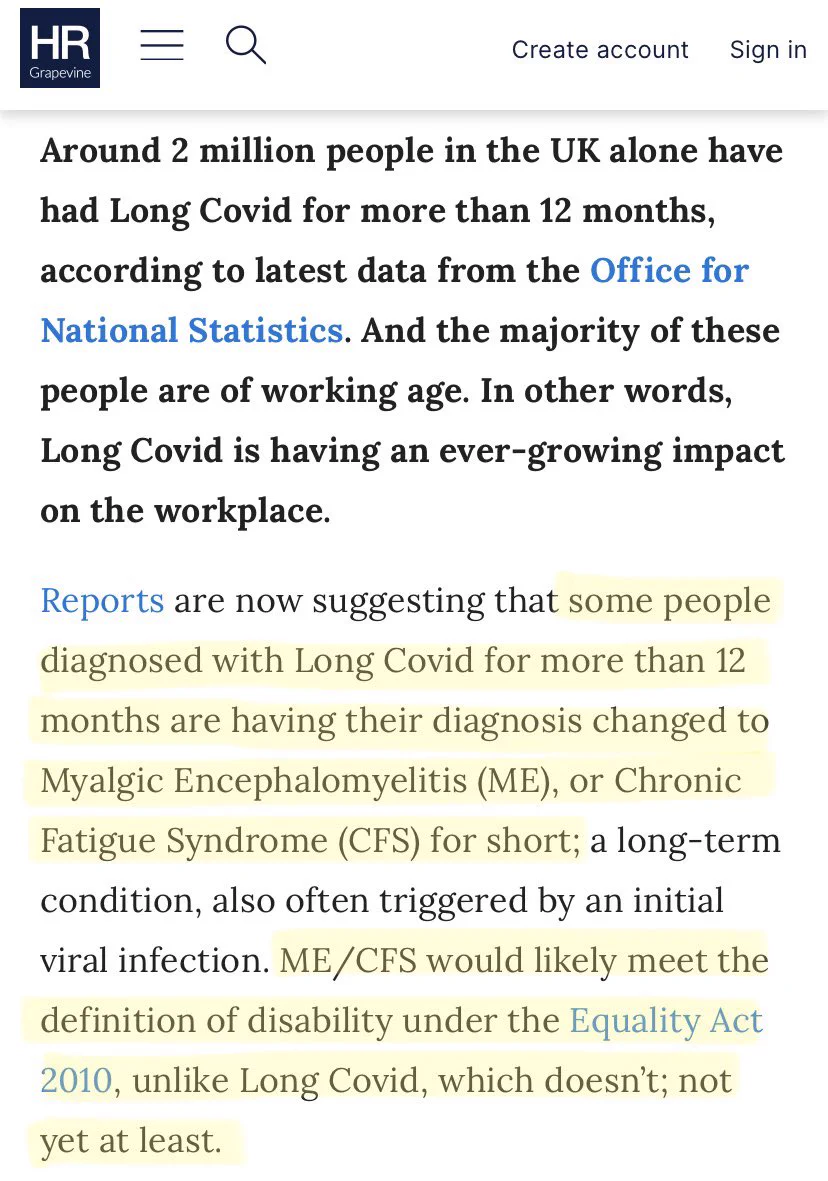Kalliope
Senior Member (Voting Rights)
Medscape Children and Long COVID: How Many Are Affected?
Children are at lower risk for contracting COVID and often experience milder symptoms. But the virus is now widespread, and a recent study found that around 16% of pediatric patients with COVID go on to develop symptoms that last more than 3 months — the working definition of long COVID.
...
He said his team targets symptom groups. Initial management consists of a diet without sugar or refined carbohydrates. Skipping pasta and sweets can be hard for young people, but Miller said sometimes the diet alone helps.
Many have vitamin D and iron deficiencies. Others need help getting a good night's sleep. He's treated 50 with off-label low-dose naltrexone.
Some people with long COVID ― both young and old ― complain about being misdiagnosed as having depression. Miller says he see a lot of anxiety ― some situational and some biochemical ― in pediatric patients. But he cautions doctors not to treat their illness solely as a mental health problem.
Children are at lower risk for contracting COVID and often experience milder symptoms. But the virus is now widespread, and a recent study found that around 16% of pediatric patients with COVID go on to develop symptoms that last more than 3 months — the working definition of long COVID.
...
He said his team targets symptom groups. Initial management consists of a diet without sugar or refined carbohydrates. Skipping pasta and sweets can be hard for young people, but Miller said sometimes the diet alone helps.
Many have vitamin D and iron deficiencies. Others need help getting a good night's sleep. He's treated 50 with off-label low-dose naltrexone.
Some people with long COVID ― both young and old ― complain about being misdiagnosed as having depression. Miller says he see a lot of anxiety ― some situational and some biochemical ― in pediatric patients. But he cautions doctors not to treat their illness solely as a mental health problem.


